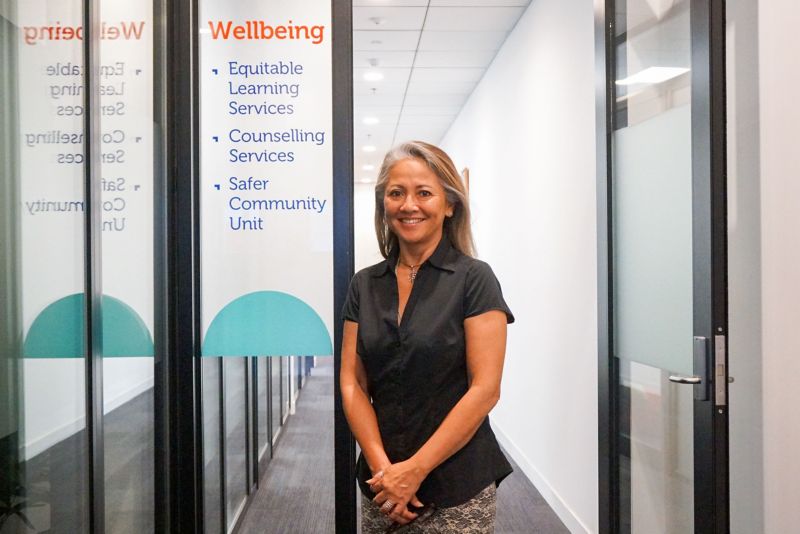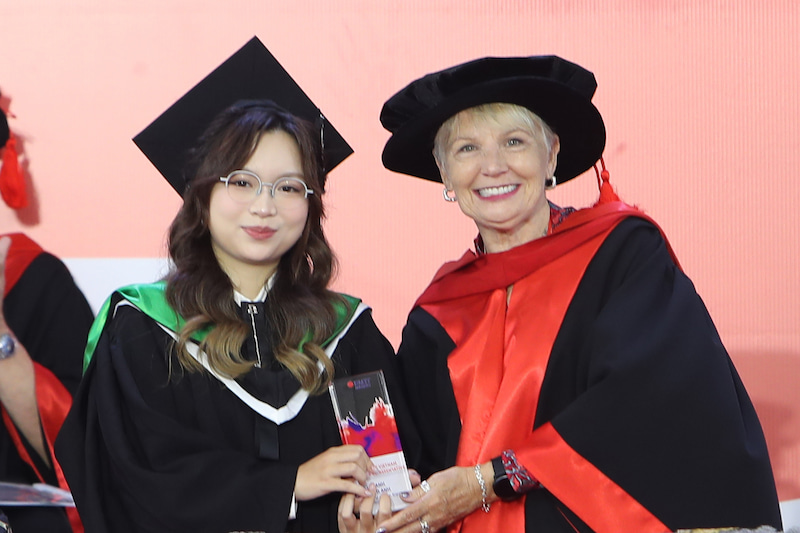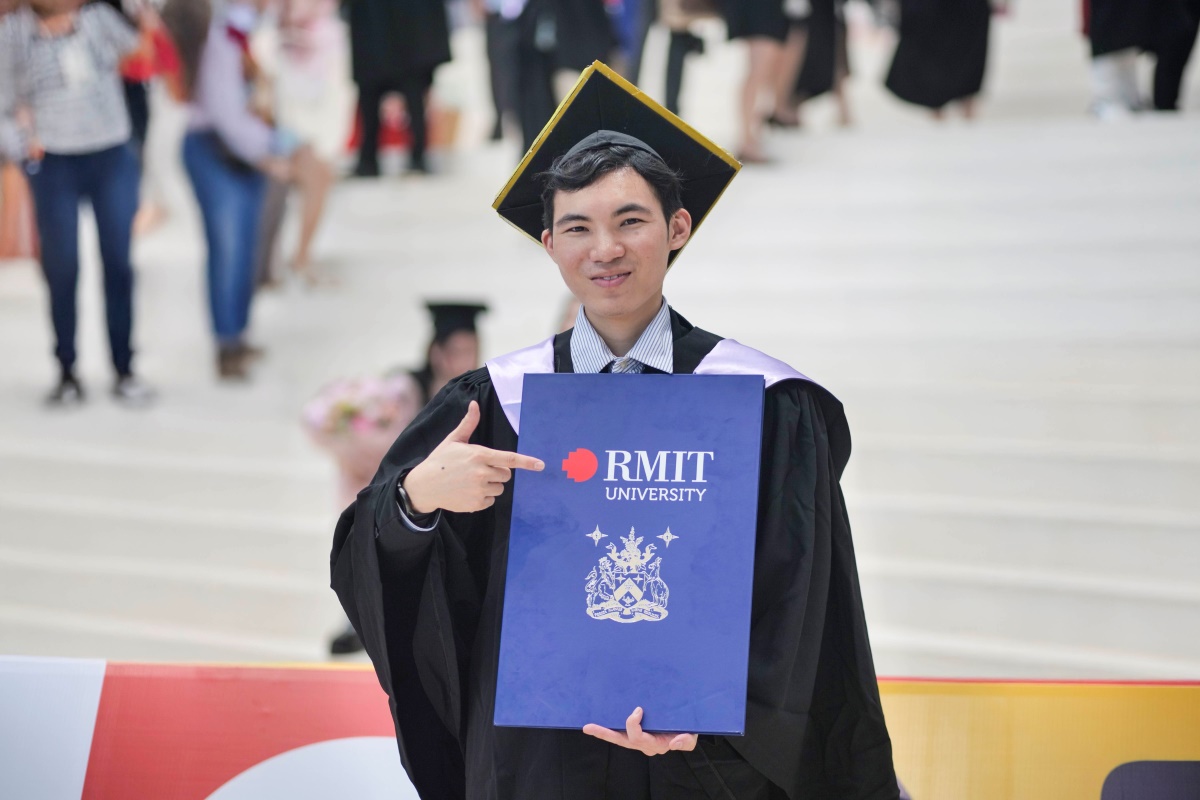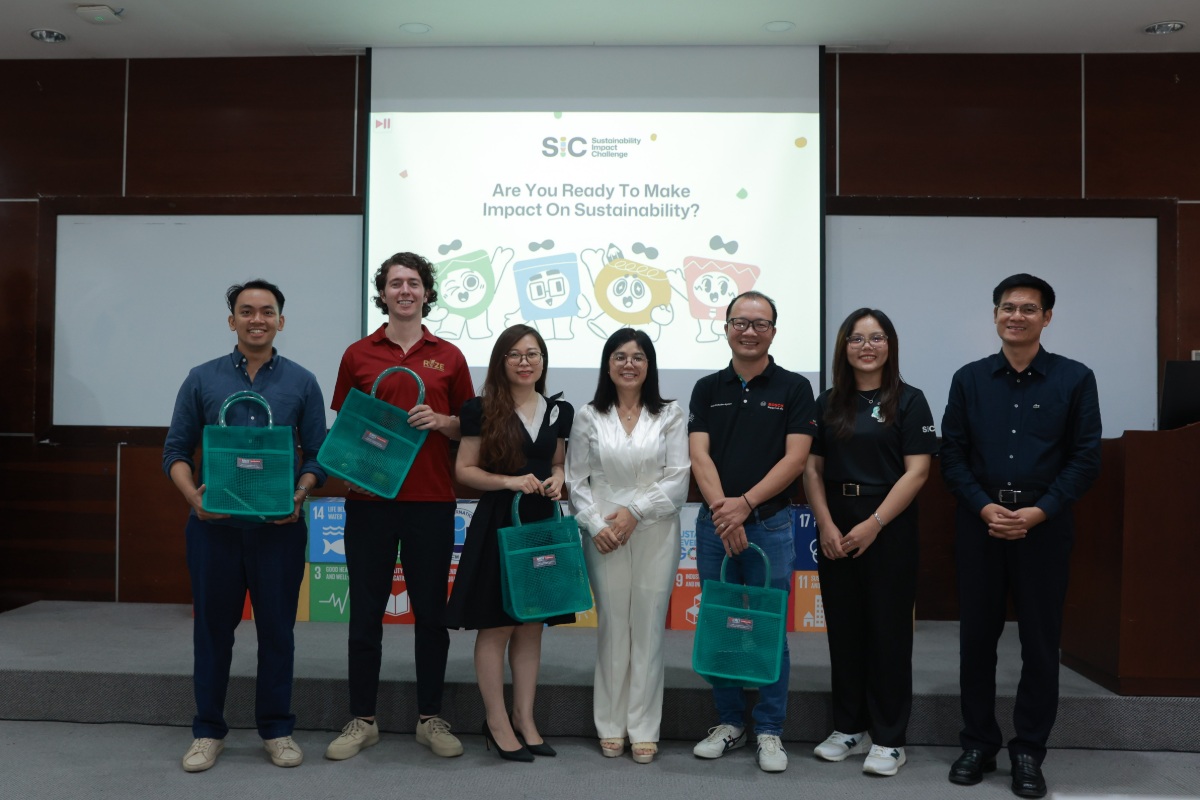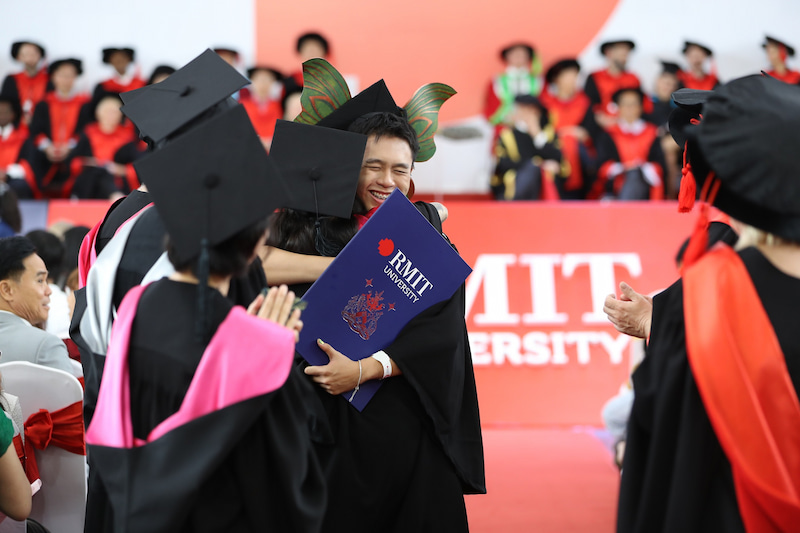From uncertainty to unstoppable: The inspiring journey of Vo Thanh Hoang Anh
"As long as the wind keeps blowing, I’ll keep moving forward." These words, spoken by the School of Science, Engineering and Technology’s Class Representative Vo Thanh Hoang Anh, encapsulated a journey of transformation that was nothing short of extraordinary.
From a life-changing scholarship to teaching English to rural children
Empowered by the RMIT Vietnam Opportunity Scholarship, Ha Viet Tinh has not only fulfilled his dream of attending university but also realised a promise he made to himself four years ago.
A launchpad for green careers: Sustainability Impact Challenge
On 17 April, the Sustainability Impact Challenge (SIC) 2025 initiated by RMIT University was officially launched at International University – Vietnam National University Ho Chi Minh City.
RMIT's largest graduation ceremony marks 25 years growing together with Vietnam
RMIT Vietnam celebrated a double milestone with its 25th anniversary and a record number of students – more than 2,900 graduands.

